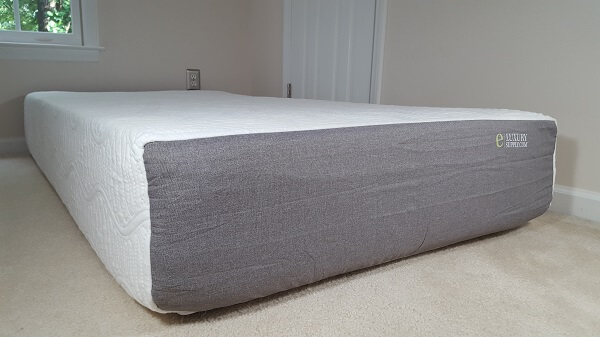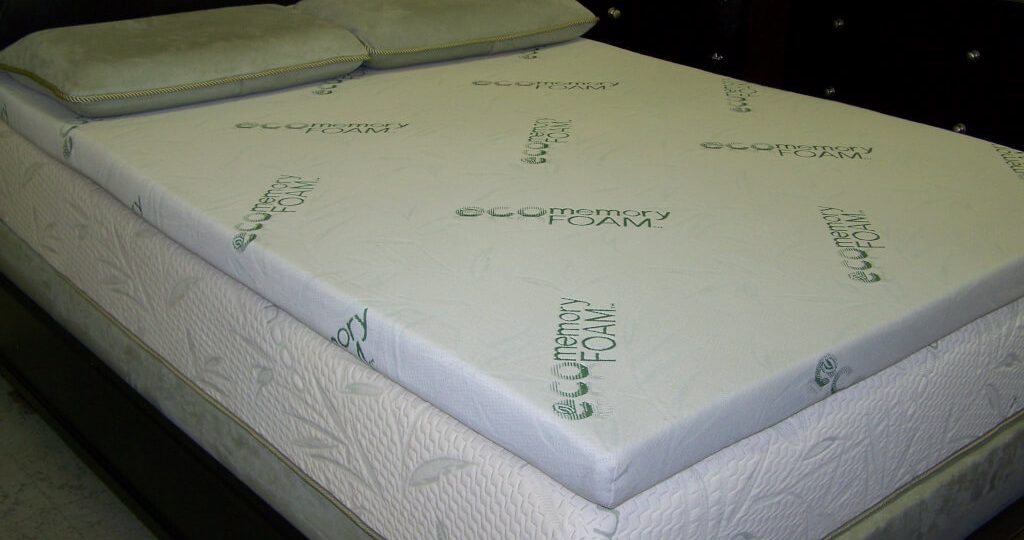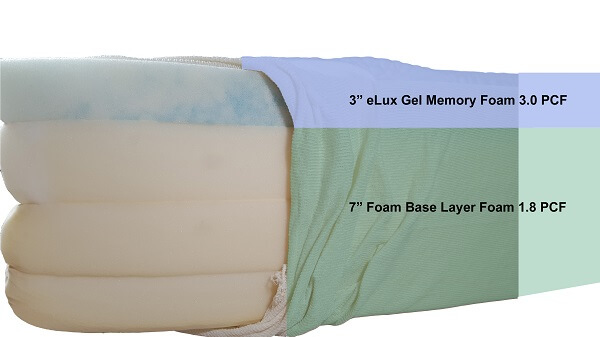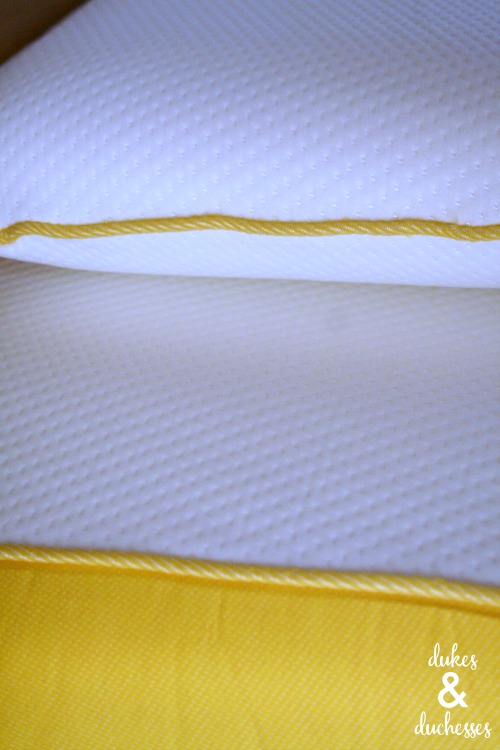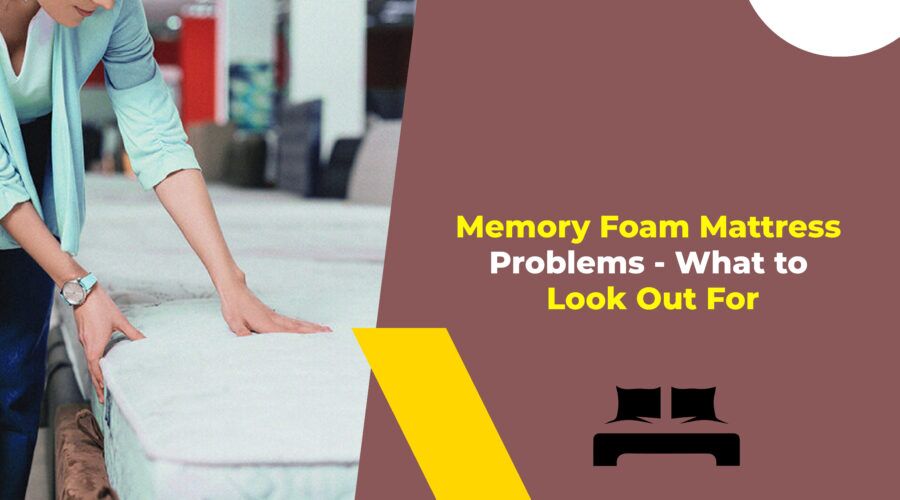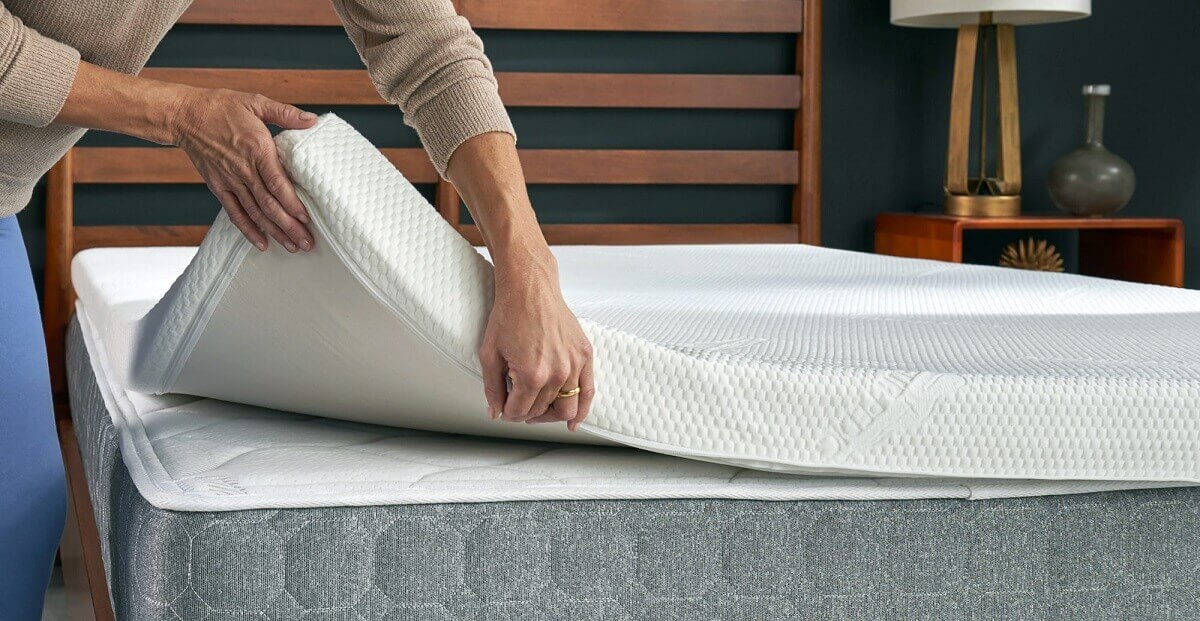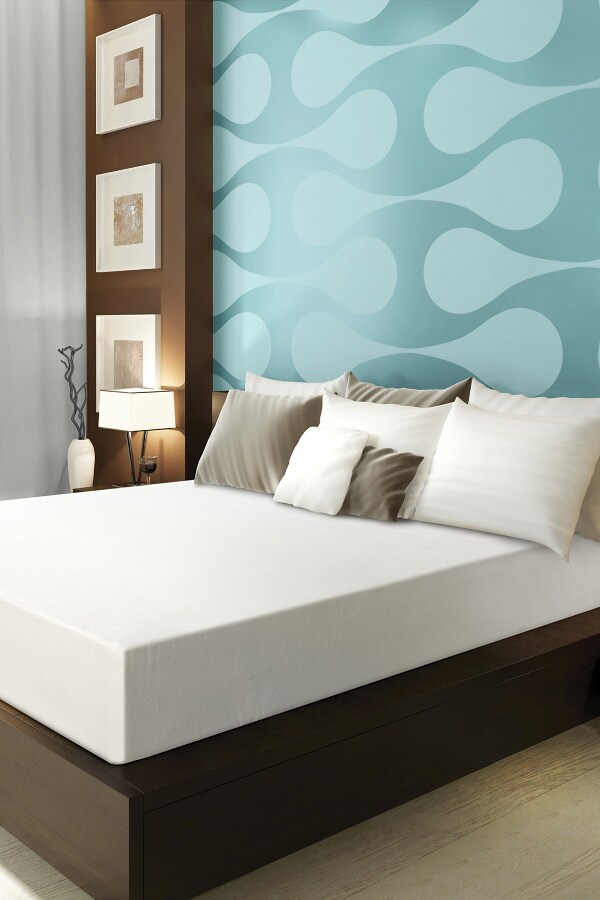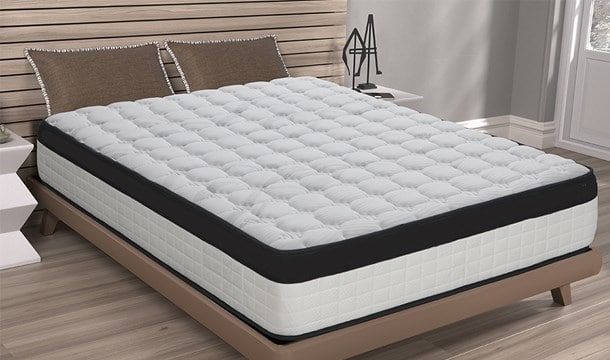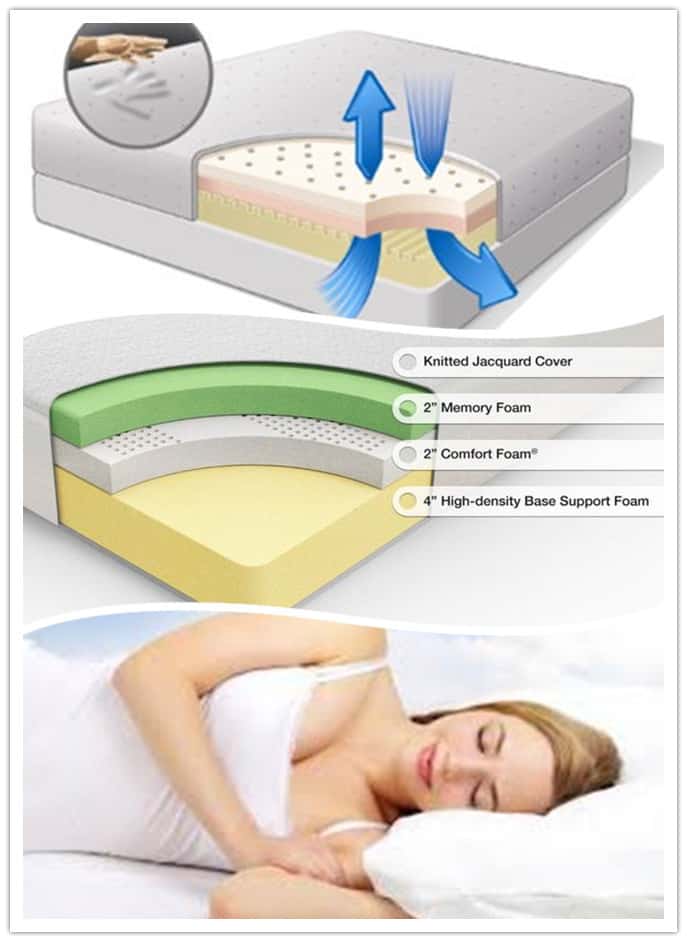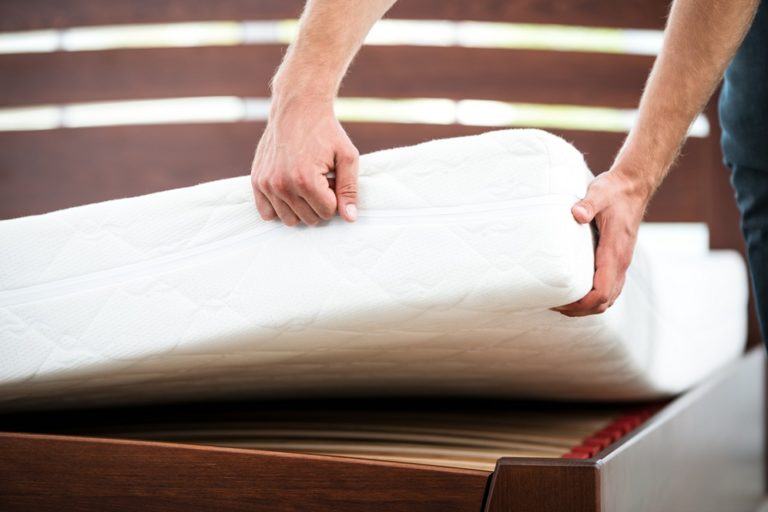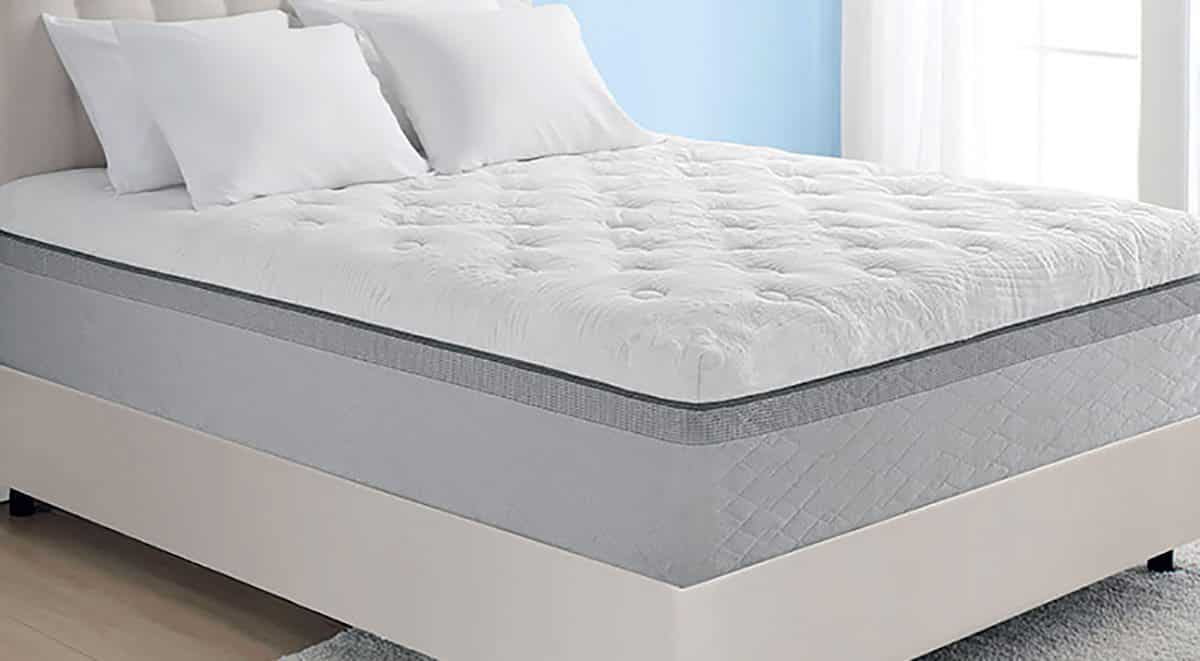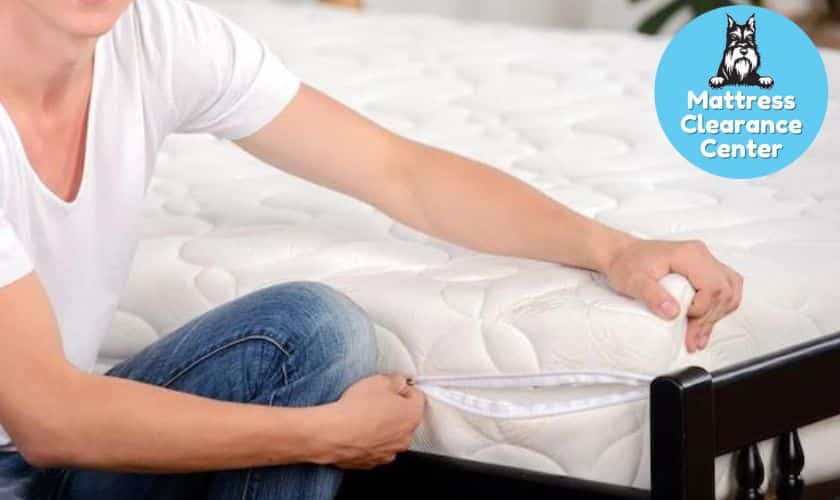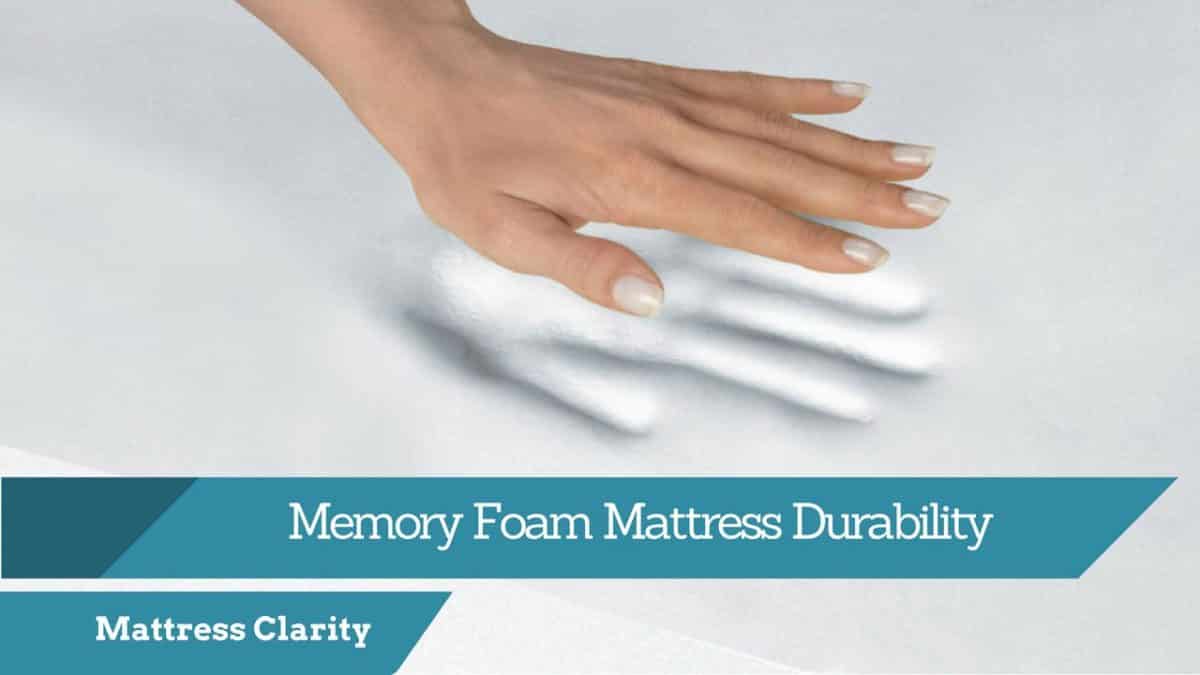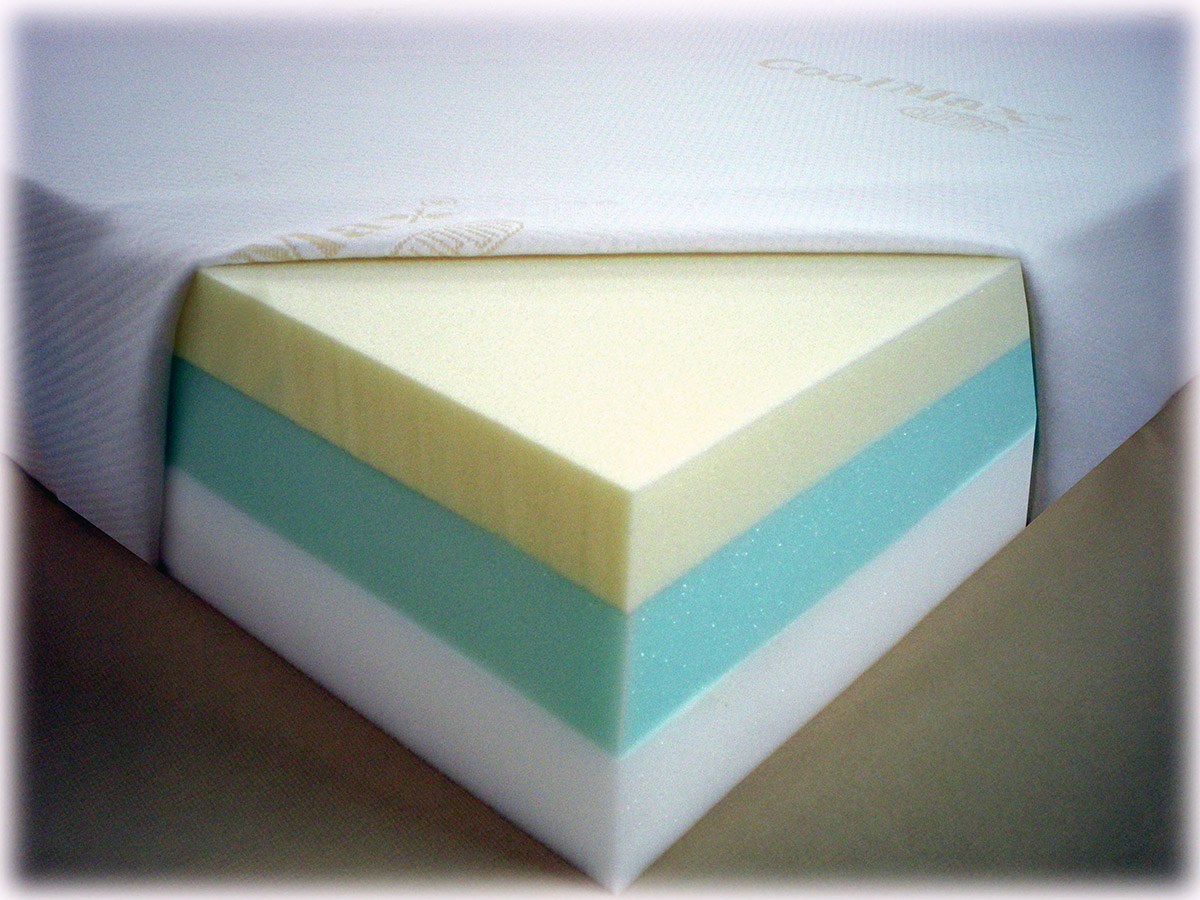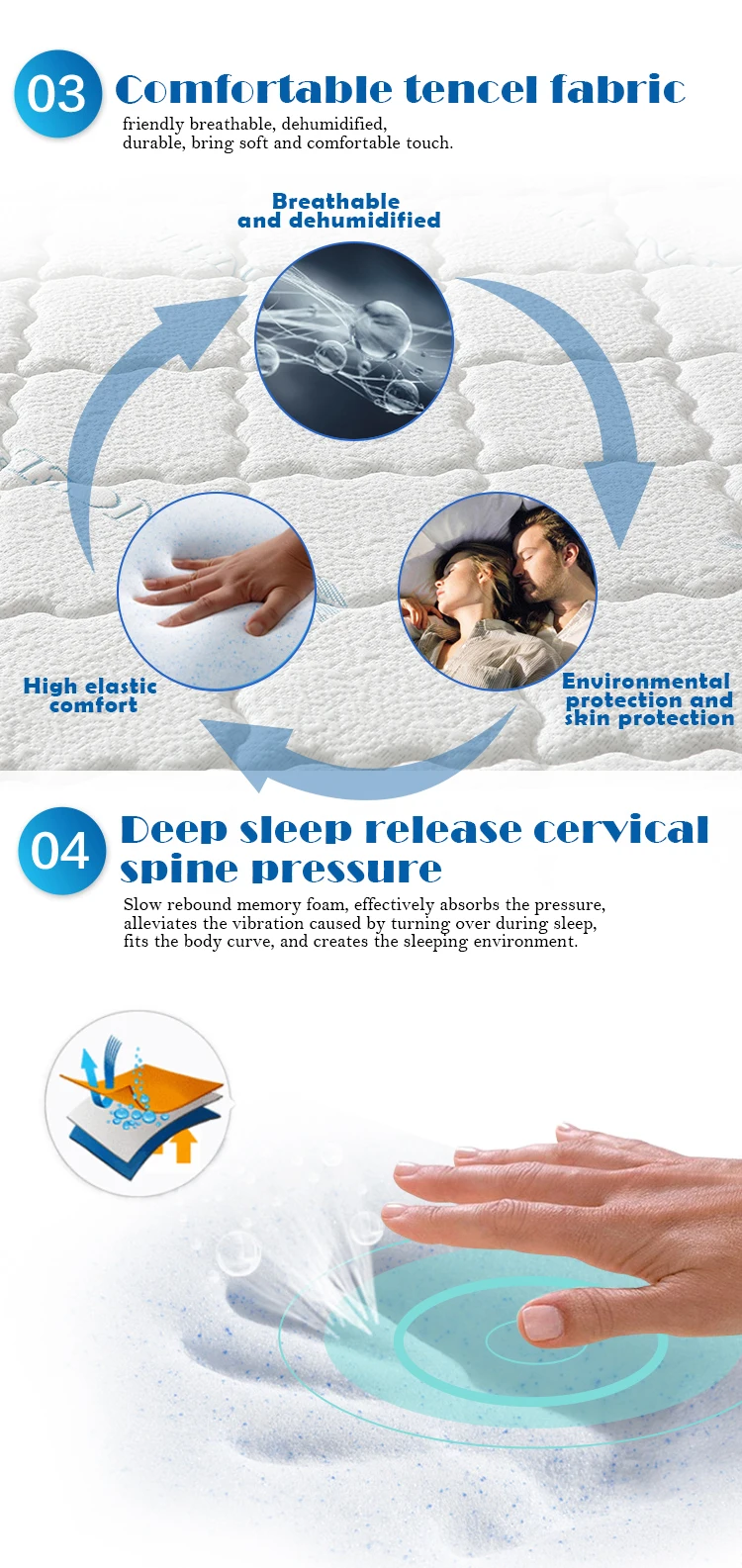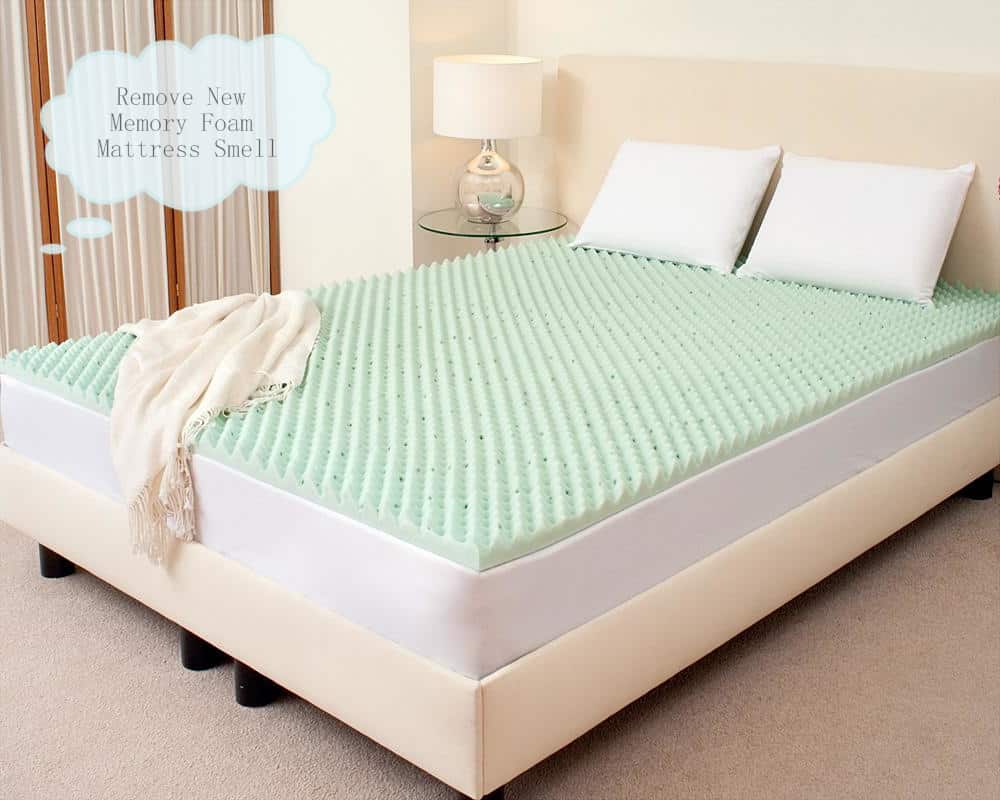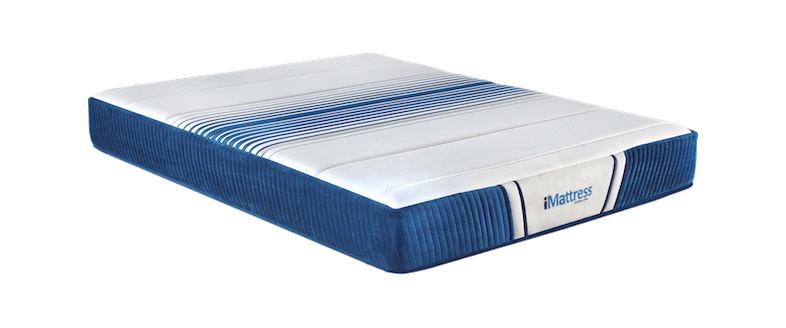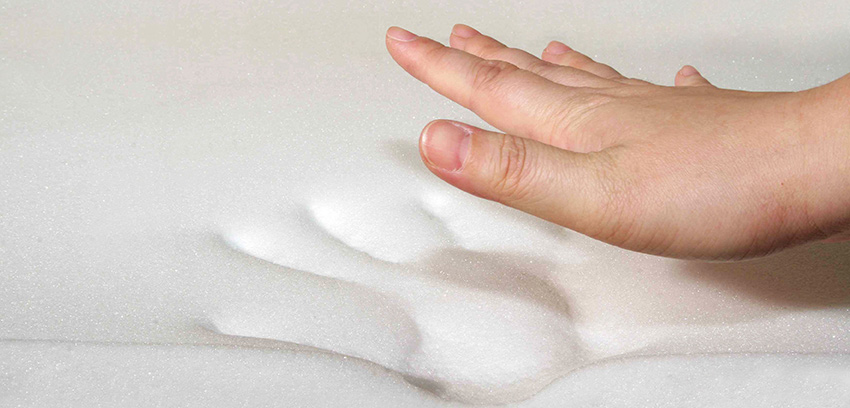When purchasing a new mattress, many people turn to memory foam for its reputation of providing a comfortable and supportive night's sleep. However, not all memory foam mattresses live up to expectations. In fact, there are several common complaints that arise when it comes to these types of mattresses. One of the most common complaints is that memory foam mattresses can be too firm. Despite their reputation for being soft and conforming, some people find that these mattresses are too hard on their bodies, causing discomfort and pain. Another issue with memory foam mattresses is that they can trap heat. The dense foam material can make it difficult for air to circulate, resulting in a hot and uncomfortable sleep experience. This can be especially problematic for those who tend to sleep hot or live in warmer climates. Memory foam mattresses are also prone to sagging and losing their support over time. This is especially true for lower quality memory foam mattresses, as the foam can break down and lose its shape, resulting in a mattress that is no longer supportive. For those with allergies, memory foam mattresses can also be a source of frustration. The dense foam material can trap allergens such as dust mites and mold, leading to potential respiratory issues and discomfort for those who are sensitive. And let's not forget about the infamous "memory foam smell." Many memory foam mattresses emit a strong chemical odor when first unpacked, which can be a major turn off for buyers. While the smell typically dissipates over time, it can still be a major annoyance for those who are sensitive to strong scents.Memory Foam Mattress Complaints
In addition to the common complaints mentioned above, there are also several other problems that can arise with memory foam mattresses. One issue is the lack of edge support. Due to the nature of memory foam, the edges of the mattress tend to compress more than the rest of the mattress, making it difficult to sit or sleep near the edge without feeling like you might roll off. Another problem with memory foam mattresses is their weight. The dense foam material can make these mattresses very heavy and difficult to move, especially for those who live alone or have mobility issues. Memory foam mattresses may also have a shorter lifespan compared to other types of mattresses. As mentioned before, the foam can break down over time, resulting in a mattress that loses its support and comfort. This can be frustrating for those who have made a significant investment in their mattress. Some memory foam mattresses may also have a lack of bounce, making it difficult to switch positions or engage in other activities on the bed. This can be a major issue for couples who enjoy a more active sex life. Lastly, memory foam mattresses may not be suitable for all sleeping positions. Those who sleep on their stomachs may find that the foam sinks in too much, causing their spine to be misaligned and resulting in discomfort and potential back issues.Memory Foam Mattress Problems
While memory foam mattresses are known for their comfort, they may not be the right fit for everyone. As mentioned before, some people find the foam to be too firm, resulting in discomfort and pain. Others may find that the foam sinks in too much, causing their body to feel out of alignment and leading to discomfort in the back, hips, and shoulders. The lack of bounce and responsiveness in memory foam mattresses can also be a source of discomfort for some. The sinking feeling can make it difficult to switch positions or get out of bed, leading to frustration and discomfort. Memory foam mattresses may also be uncomfortable for those who tend to sleep hot. As mentioned before, the dense foam material can trap heat, resulting in a hot and uncomfortable sleep experience for those who are sensitive to temperature changes. And for those with allergies or respiratory issues, the potential for allergens and chemical odors can also cause discomfort and irritation.Memory Foam Mattress Discomfort
One of the most common complaints about memory foam mattresses is the potential for pain. As mentioned before, the foam can be too firm or sink in too much, causing discomfort and pain for those who are sensitive or have preexisting pain issues. The lack of support and sinking feeling can also lead to pain in the back, hips, and shoulders for some individuals. This can be especially problematic for those who suffer from chronic pain or injuries. The potential for allergens and chemical odors can also contribute to pain and discomfort for those with respiratory issues or sensitivities.Memory Foam Mattress Pain
While memory foam mattresses are known for providing support, this is not always the case. As mentioned before, the foam can lose its shape and support over time, resulting in a mattress that no longer provides the necessary support for a comfortable night's sleep. The lack of edge support can also be an issue, as mentioned before. This can make it difficult to sit or sleep near the edge of the mattress without feeling like you might fall off. For those who need extra support due to injuries or chronic pain, memory foam mattresses may not provide enough support, leading to discomfort and potential issues.Memory Foam Mattress Support Issues
One of the most frustrating problems with memory foam mattresses is the potential for sagging. As mentioned before, the foam can break down over time, resulting in a mattress that sags and loses its shape. This can be especially problematic for those who have spent a significant amount of money on their mattress and expect it to last for many years. Sagging can also lead to discomfort and pain, as the lack of support can put pressure on certain areas of the body and cause misalignment.Memory Foam Mattress Sagging
While memory foam mattresses may provide comfort and support initially, their durability may be a cause for concern. As mentioned before, the foam can break down and lose its shape over time, resulting in a mattress that is no longer comfortable or supportive. Lower quality memory foam mattresses may have a shorter lifespan compared to other types of mattresses, making them a less cost-effective option in the long run.Memory Foam Mattress Durability
The infamous "memory foam smell" can be a major problem for some people. The strong chemical odor emitted by some memory foam mattresses can be overwhelming and unpleasant, leading to potential respiratory issues and discomfort for those who are sensitive to strong scents. While the smell typically dissipates over time, it can still be a major annoyance for those who are sensitive to strong scents or have allergies.Memory Foam Mattress Odor
As mentioned before, memory foam mattresses can trap heat, making them uncomfortable for those who tend to sleep hot or live in warmer climates. This can result in a hot and uncomfortable sleep experience, leading to potential sleep disturbances and discomfort. While some memory foam mattresses may have cooling technologies to help combat this issue, it may not be enough for those who are particularly sensitive to temperature changes.Memory Foam Mattress Heat Retention
For those with allergies or respiratory issues, memory foam mattresses may not be the best option. As mentioned before, the dense foam material can trap allergens such as dust mites and mold, leading to potential respiratory issues and discomfort for those who are sensitive. The potential for chemical odors may also be a problem for those with allergies or sensitivities to strong scents. In conclusion, while memory foam mattresses may be popular for their reputation of providing comfort and support, they may not live up to expectations for everyone. From issues with firmness and heat retention to problems with durability and allergens, there are several complaints and problems that can arise with memory foam mattresses. It's important to do thorough research and consider all factors before making a decision on which type of mattress is best for you.Memory Foam Mattress Allergies
Why Memory Foam Mattresses May Not Be the Best Choice for Your Sleep

When it comes to getting a good night's sleep, having the right mattress is crucial. With the rise in popularity of memory foam mattresses, many people have been quick to jump on the bandwagon. However, before you make the switch to a memory foam mattress, it's important to consider whether or not it's the best choice for your sleep needs.
The Myth of Comfort

One of the biggest selling points of memory foam mattresses is their claimed comfort. With the promise of contouring to your body and relieving pressure points, it's no wonder people are drawn to them. However, studies have shown that the comfort level of memory foam mattresses is highly subjective . What may be comfortable for one person may not be for another. In fact, many people have reported feeling too hot and suffocated while sleeping on a memory foam mattress.
Lack of Support

While memory foam mattresses may provide a soft and cushy surface to sleep on, they may not offer the necessary support for your body. Memory foam mattresses tend to sink and conform to your body, which can lead to poor spinal alignment and back pain . This lack of support can be especially problematic for those who suffer from chronic back pain or other spinal issues.
Short Lifespan

Another issue with memory foam mattresses is their short lifespan. Unlike traditional mattresses that can last up to 10 years, memory foam mattresses tend to lose their shape and support after only a few years of use . This means that you may end up having to replace your mattress much sooner than you would with a traditional mattress, resulting in more expenses over time.
Chemicals and Off-Gassing

Memory foam mattresses are made with a variety of chemicals, including petroleum-based materials and flame retardants. These chemicals can emit a strong odor, known as off-gassing, that can be bothersome and even harmful to some people. In addition, some of these chemicals have been linked to health issues such as respiratory problems and skin irritation.
Consider Alternative Options

Before making the switch to a memory foam mattress, it's important to consider alternative options that may better suit your sleep needs. Traditional innerspring mattresses, for example, provide more support and can be just as comfortable as memory foam mattresses. Other options such as latex or hybrid mattresses may also be worth exploring.
In conclusion, while memory foam mattresses may seem like a dream come true, they may not be the best choice for everyone. It's important to carefully consider your sleep needs and do your research before investing in a memory foam mattress . After all, a good night's sleep is essential for your overall health and well-being.



